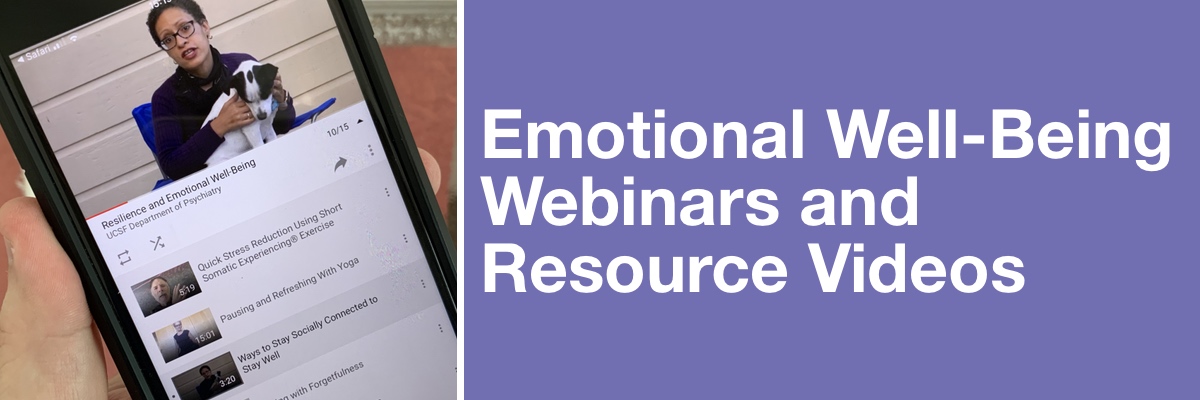
Fumiko Hoeft, MD, PhD
In the study, published online in Psychological Science, the group examined brain scans of 38 kindergartners as they were learning to read formally at school and tracked their white matter development until third grade. They found that the developmental course of the children’s white matter volume predicted the kindergartners’ abilities to read.
“Early identification and interventions are extremely important in children with dyslexia as well as most neurodevelopmental disorders,” said senior author Fumiko Hoeft, MD, PhD. “Accumulation of research evidence such as ours may one day help us identify kids who might be at risk for dyslexia, rather than waiting for children to become poor readers and experience failure.”
Other contributors to the study from the department included lead author Chelsea Myers, BS, Roeland Hancock, PhD, Paul Gimenez, BA, Brandi Casto, MS, Miroslav Drahos, MS, Mandeep Tumber, MS, and Robert Hendren, DO.







